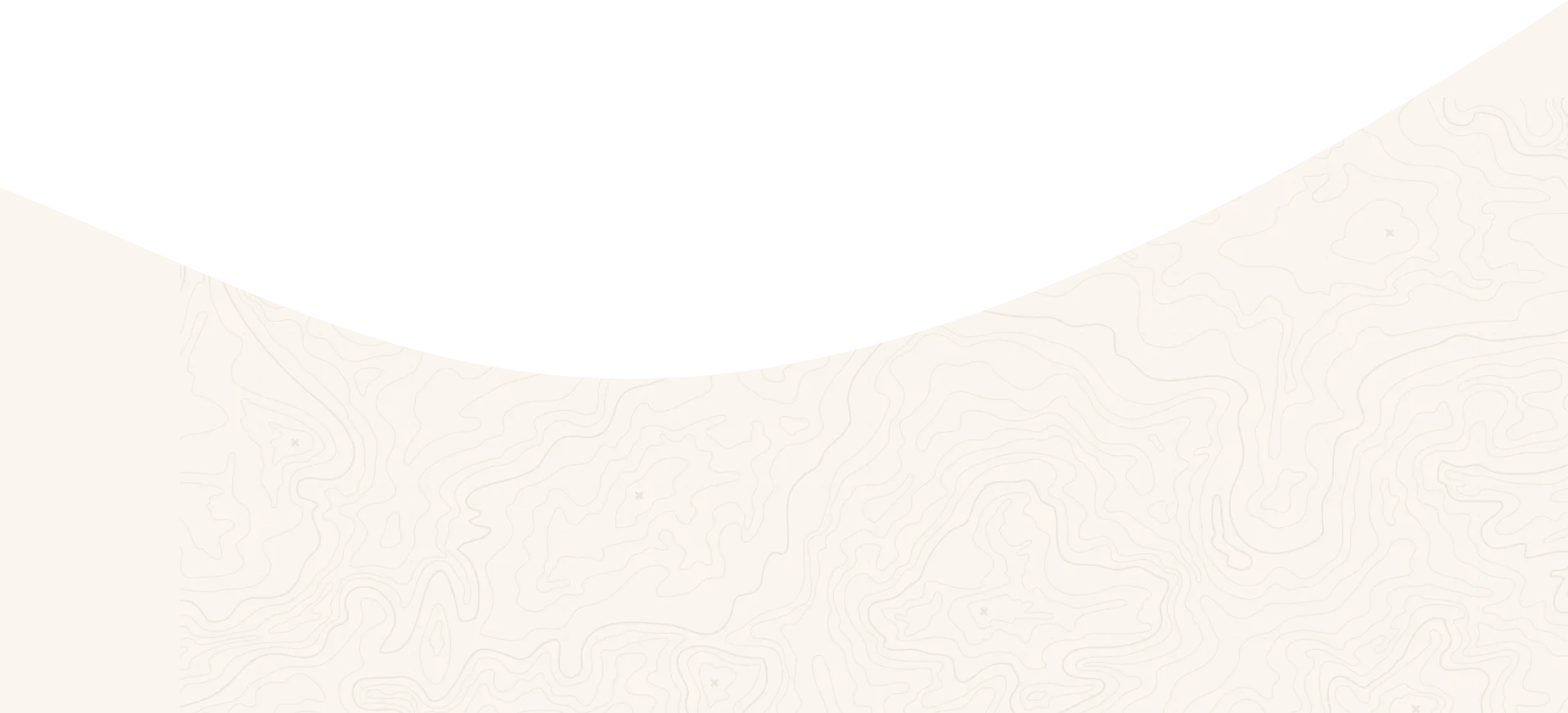
Research and Educational Travel
Ethiopia is a treasure trove for educational and research groups, with the highest number of UNESCO sites in Africa, ancient archaeological wonders, and rich ethnographic diversity. It’s home to unique paleontological sites, endemic wildlife like the Ethiopian wolf, and rare bird species. Visitors can explore ancient cities like Aksum and Lalibela, study traditional cultures in South Omo, and enjoy vibrant music, weaving traditions, and the birthplace of coffee. Ethiopia’s dramatic landscapes and historical depth make it a true cradle of human and natural history.


